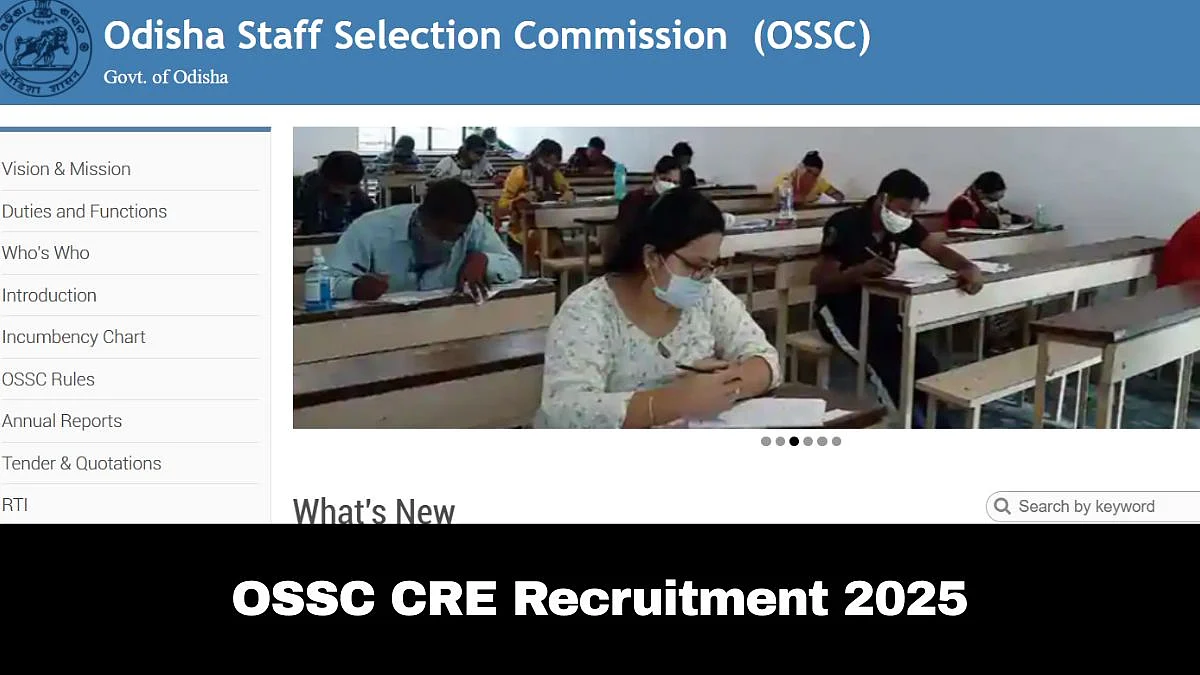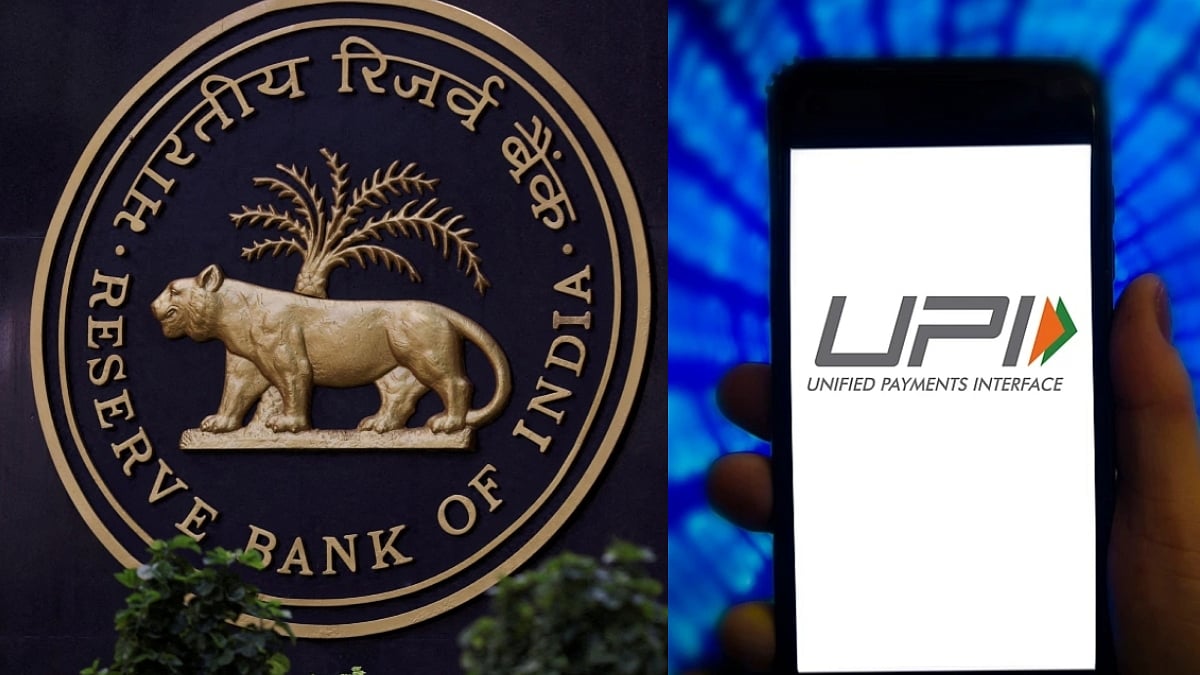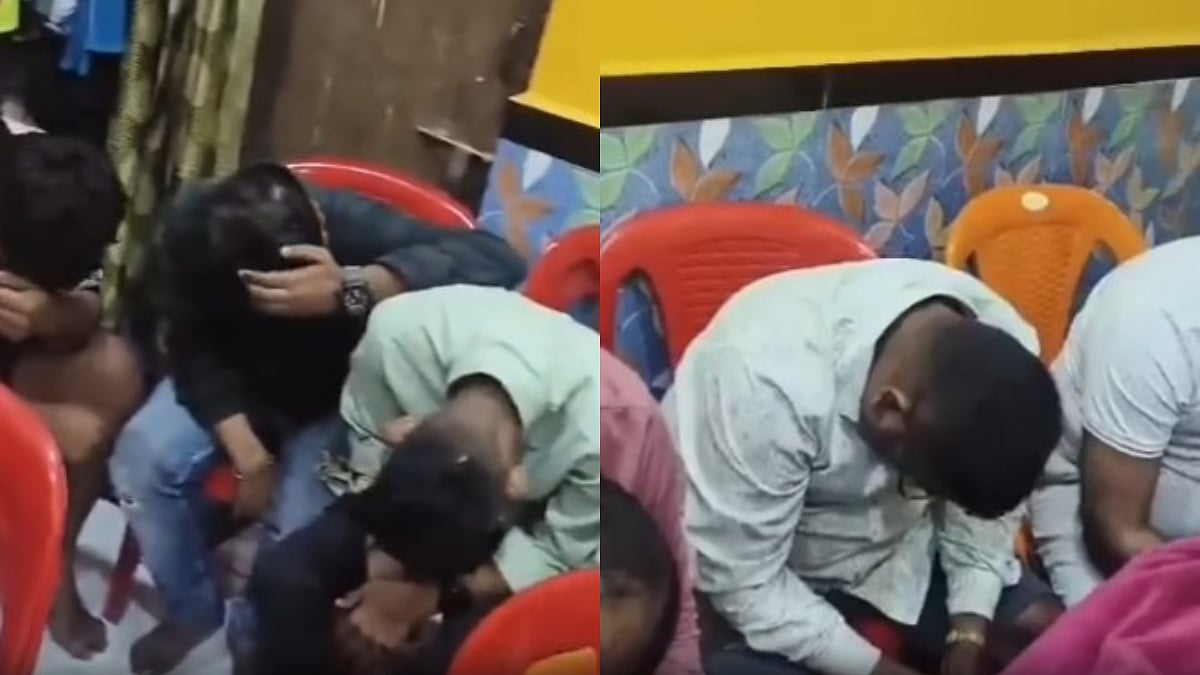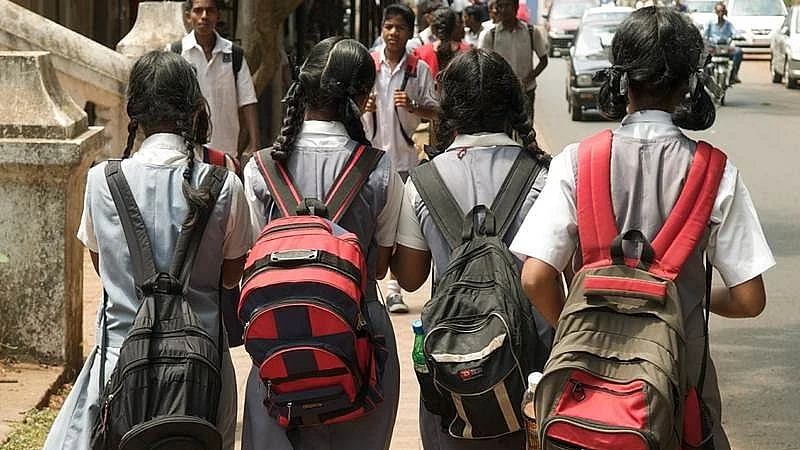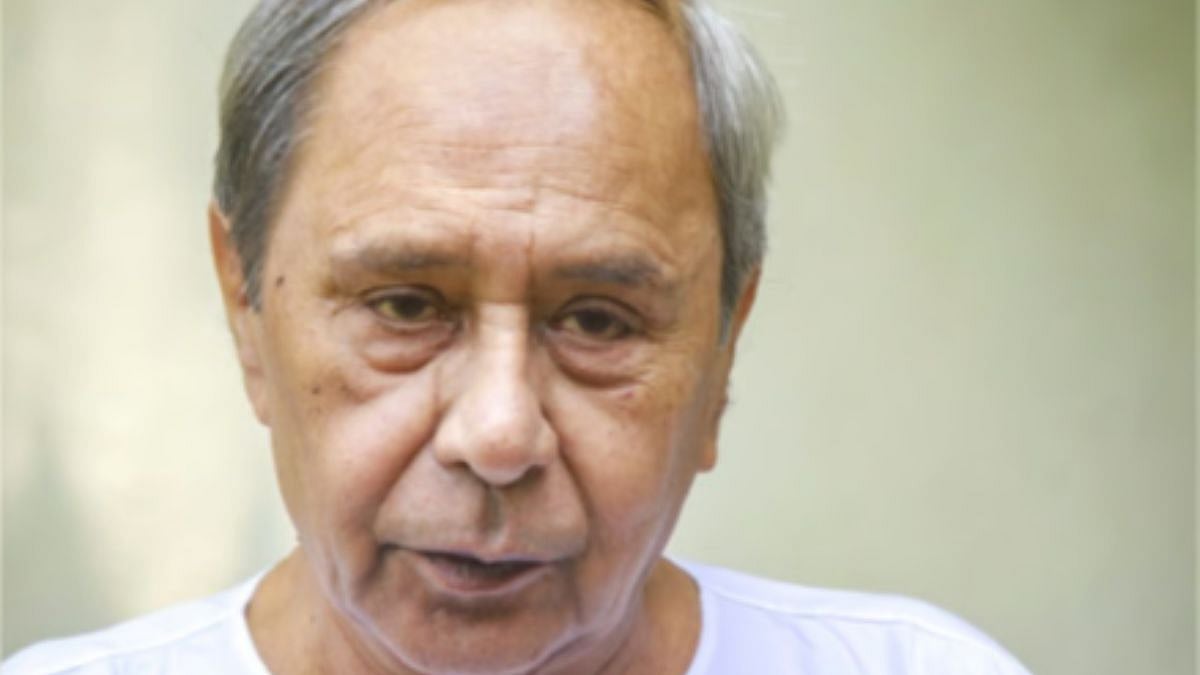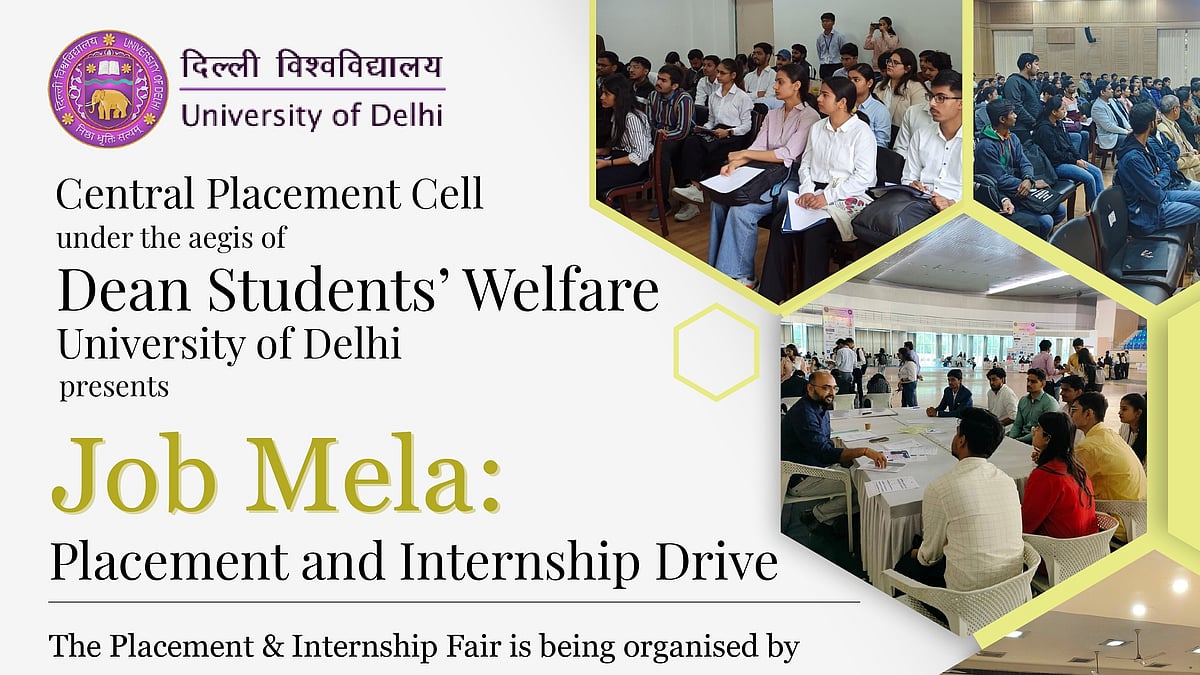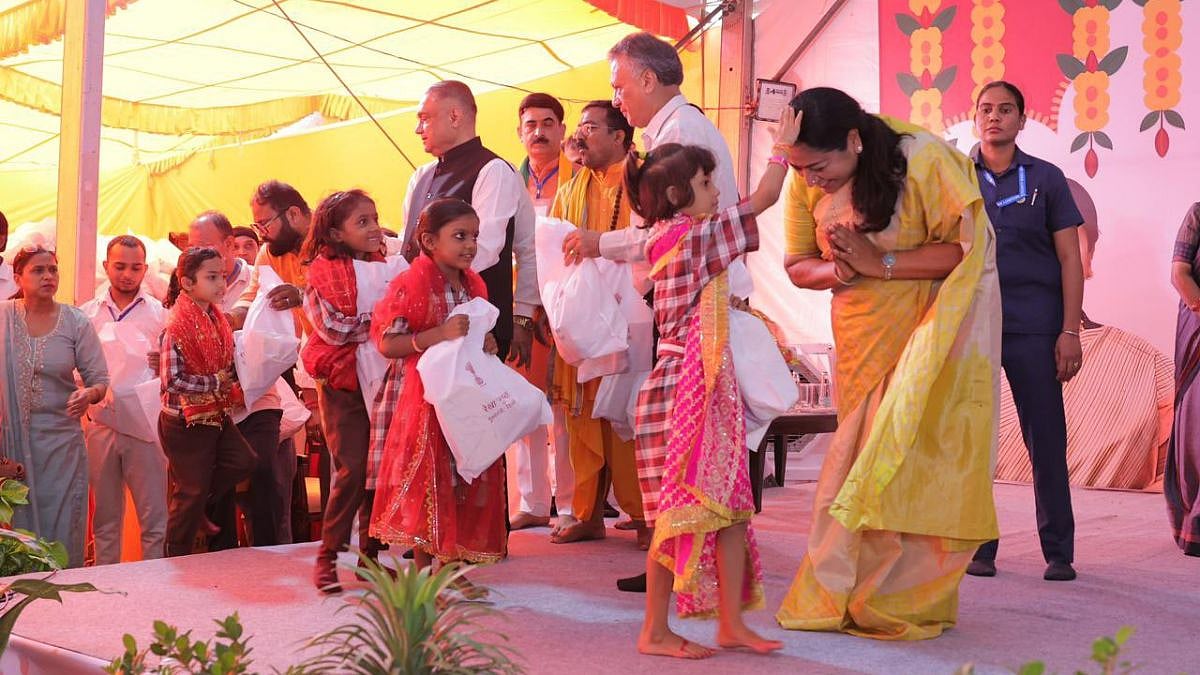New Delhi: SP members in the Lok Sabha on Wednesday accused the Uttar Pradesh government of depriving Dalits and poor children of the right to education by closing and merging state-run schools and instead focusing on opening liquor shops in every village.
Point Raised By Samajwadi Party Leader Dharmendra Yadav
Raising the issue during the Zero Hour, the Samajwadi Party's (SP) Dharmendra Yadav alleged there is autocracy in the state at a time when the entire country is celebrating 75th years of Independence. "Even though we have Right to Education law, in Uttar Pradesh 1.26 lakh schools are being closed down while 5,000 are getting merged. Recruitment of more than 2 lakh teachers too have been stalled," Yadav said.
While the children of Dalits, and poor families are being deprived of primary education because of the UP government's 'school pairing' policy, the state is seeing opening of more than 27,000 liquor shops.
Neeraj Maurya's Statement
Neeraj Maurya (SP) lamented that government-run schools are in "grave state" in Uttar Pradesh and they are being closed down.
"When Akhilesh Yadav was the chief minister of Uttar Pradesh, students were being given laptops. Now the state is getting liquor shops," Maurya said.
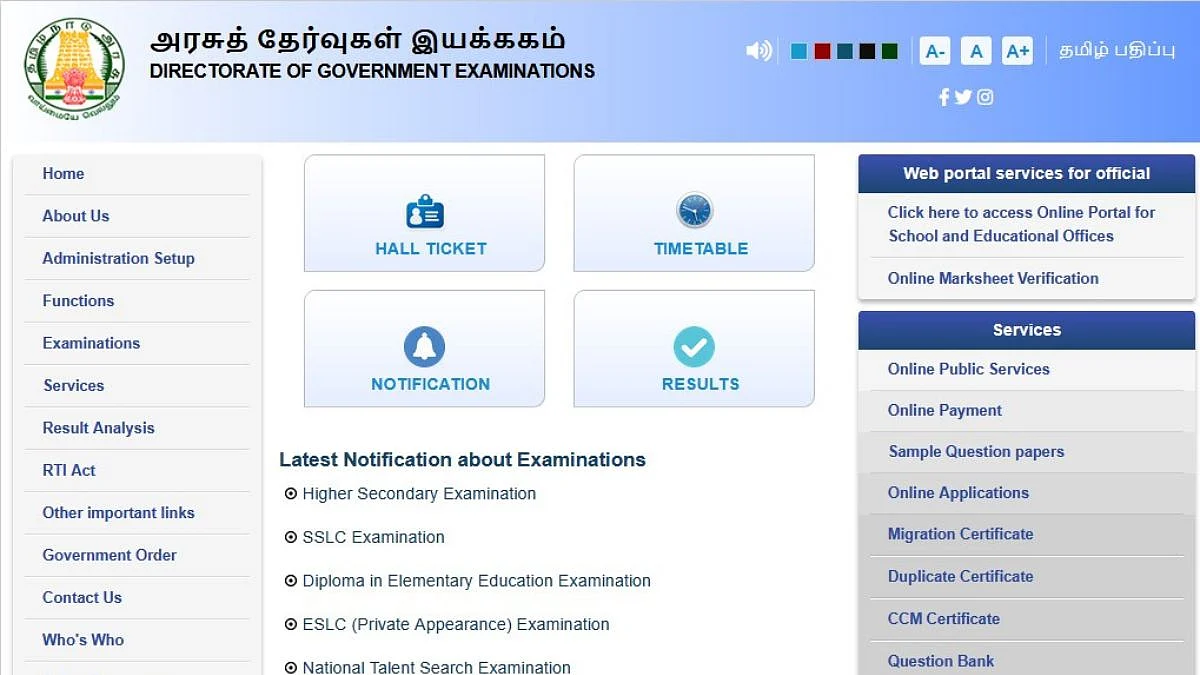
He demanded from the government to ensure that state-run schools are not closed and instead Kendriya Vidyalaya and Navodaya Vidyalaya be opened.
Naresh Chandra Patel (SP) said while the state government on the one hand is saying that education is the fundamental right of every child, on the other hand it is implementing policies of merging schools for which students will have to travel longer distance of 2-3 km.
"Is this 'New India' where liqour shops are being opened in every village, whereas schools are being shifted away from village," Patel said.
The Uttar Pradesh government has been facing criticism over its move of pairing schools with fewer attendance, which some fear will lead to increased travel distances for young students.
The government's decision to pair schools aims at optimising resources and enhancing pre-primary education for children aged three to six years.
(Except for the headline, this article has not been edited by FPJ's editorial team and is auto-generated from an agency feed.)

